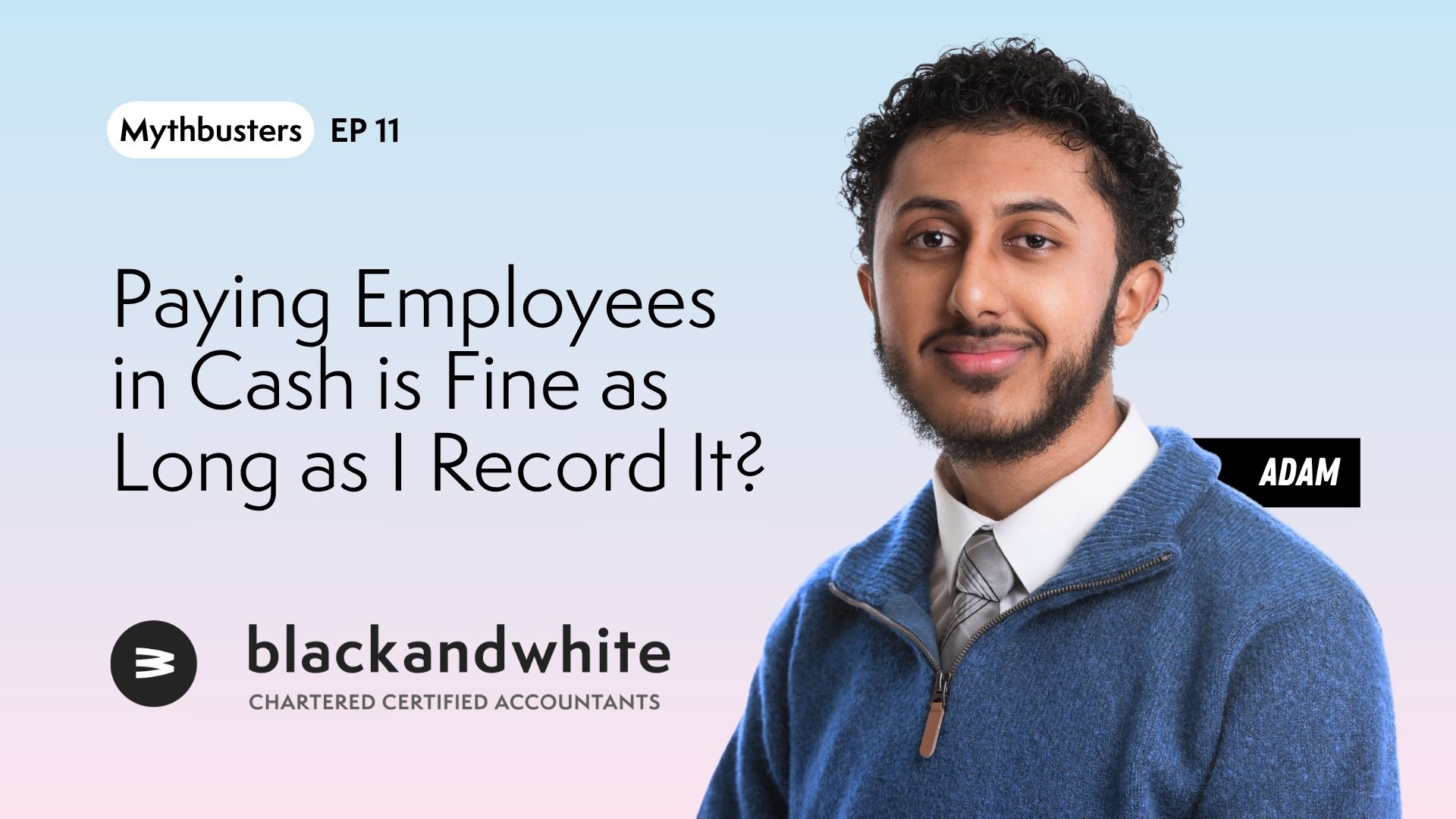This is the most Frequently Asked Question from our clients this week, so we thought we’d prepare a blog to answer these questions head-on. This is because where a Limited Company Director furloughs themselves, they are not able to work, therefore, they can only fulfil their duties as a Director of a Limited Company.
Statutory Duties
The Companies Act 2006 outlines the statutory duties of company directors as seven general duties;
- Duty to act within your powers as a company director
- Duty to promote the success of your company
- Duty to exercise independent judgement
- Duty to exercise reasonable care, skill and diligence
- Duty to avoid conflicts of interest
- Duty not to accept benefits from third parties; and
- Duty to declare interest in proposed transaction or arrangement with the company.
These still apply if:
- you’re not active in your role as director
- someone else tells you what to do
- you act as a director but have not been formally appointed; and/or
- you control a board of directors without being on it.
1. Powers as a company director
You must follow the company’s constitution and its articles of association. These are written rules about running the company, agreed by the members, directors and the company secretary. The constitution sets out what powers you’re granted as a director, and the purpose of those powers. These days most companies use a templated or standard set of articles of association, so these duties are likely to be generic as a result.
2. Promote the success of the company
You must act in the company’s best interests to promote its success. You must consider the:
- consequences of decisions, including the long term;
- interests of its employees;
- need to support business relationships with suppliers, customers and others;
- impact of its operations on the community and environment;
- company’s reputation for high standards of business conduct; and
- need to act fairly to all members of the company.
If the company becomes insolvent, your responsibilities as director will apply towards the creditors, instead of the company, i.e., anyone owed money by the company. If an Insolvency Practitioner is appointed to close down the company they have to make an assessment to ensure you fulfilled your duties as a Director, and if you fell short here, they have a duty to report you to the Insolvency Service.
3. Independent judgement
You must not allow other people to control your powers as a director. You can accept advice, but you must use your own independent judgement to make final decisions. You make the decisions and you are ultimately responsible.
4. Exercise reasonable care, skill and diligence
You must perform to the best of your ability. The more qualified or experienced you are, the greater the standard expected of you. You must use any relevant knowledge, skill or experience you have (for example, if you’re a qualified accountant). These responsibilities are not to be taken lightly.
5, Avoid conflicts of interest
You must avoid situations where your loyalties might be divided. You should consider the positions and interests of your family, to avoid possible conflicts. You should tell other directors and members about any possible conflict of interest, and follow any process set out in the company’s articles of association (if applicable), Shareholder or Partnership Agreement.
This duty continues to apply if you’re no longer a director. You must not take advantage of any property, information or opportunity you became aware of as a director.
6. Third party benefits
You must not accept benefits from a third party that are offered to you because you’re a director. This could cause a conflict of interest. The company may allow you to accept benefits like reasonable corporate hospitality, if it’s clear there’s no conflict of interest, or they have minimal value.
7. Interests in a transaction
You must tell the other directors and members if you might personally benefit from a transaction the company makes. For example, if the company plans to enter a contract with a business owned by a member of your family.
Furlough during the Covid-19
During the current Coronavirus crisis, the Government has setup the Job Retention Scheme. Here employees can be paid 80% of their wages, up to a monthly cap of £2,500, if they are put ‘on furlough’ which means not working. It is a way for workers to get cashflow and be retained by their employers, who would otherwise have been forced to release them.
Director’s can also be put on furlough. However, if they do this, it will limit what they are able to do in the business, as they will ‘not be able to work’, but will still need to fulfil their statutory duties as a company director, as outlined above.
Contact Black and White Accounting
At times like these especially we need to help each other as we are in this together. If you need any help or support during the Coronavirus crisis or in the long-term, we’d love to hear from you.
Interested in hearing more about what we can offer you? Then get in touch with us today for a free initial one hour consultation by filling in the form on the page, calling us free on 0800 140 4644, or email.



